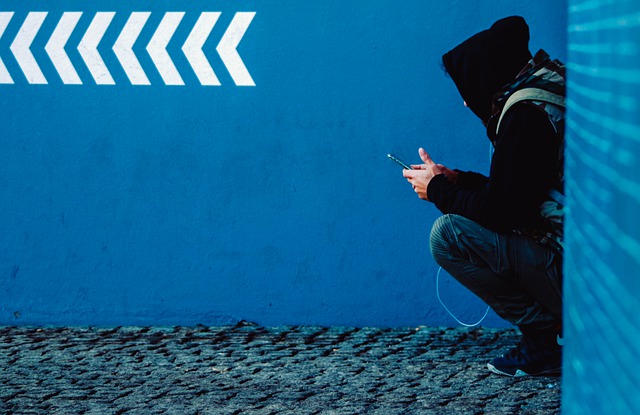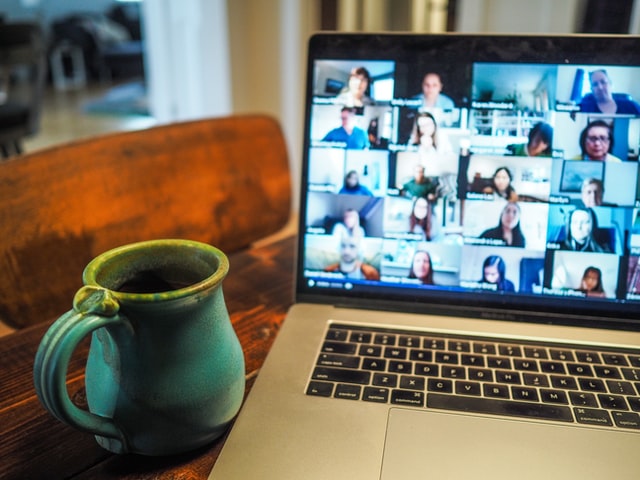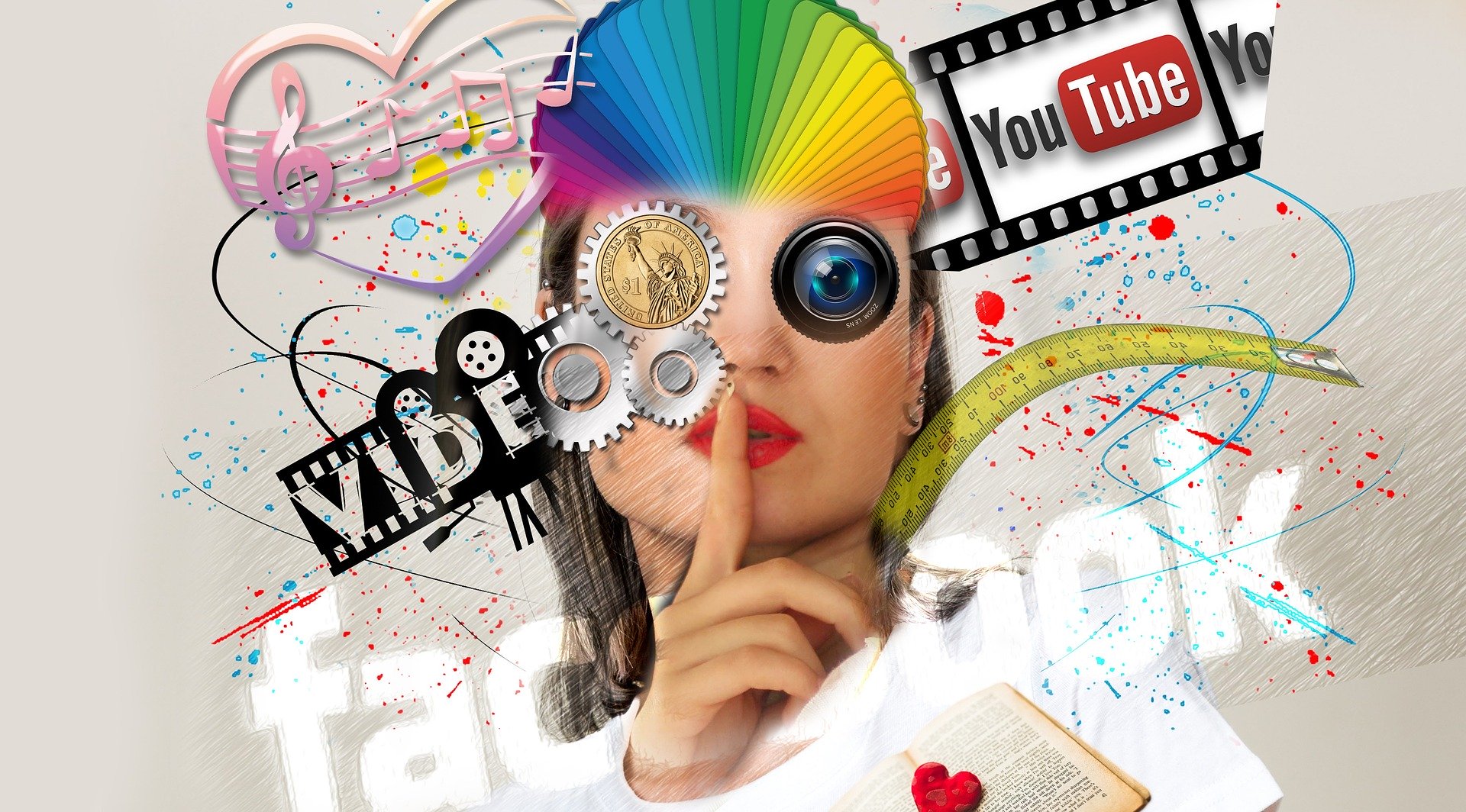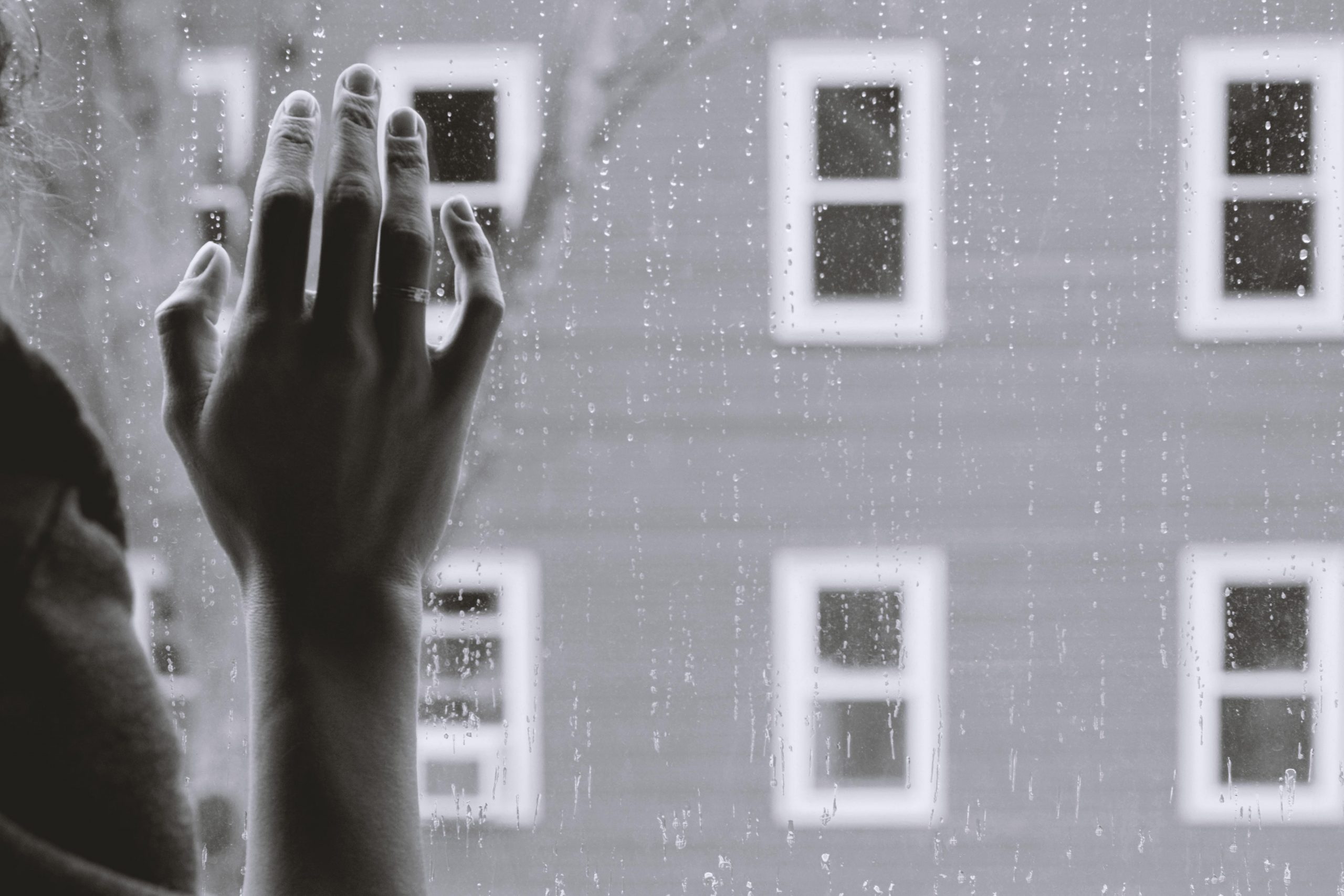We hear too often that social media and loneliness are interdependent, that they attract and fuel each other. But is it really that simple? What do we know about loneliness, and do we treat it with the right tools? Is it entirely social media’s fault we fail to use it to our benefit? As with all complex matters, comprehending lies in understanding its elements.
The curious case of antisocial media
It may be that the changes in modern lifestyle occurred parallel to the emergence of social media platforms, making it challenging to find the right culprit. Are social media guilty until proven otherwise? True social distancing has begun with the opening to global thinking and doing. With as much good it has brought, it has also caused a plethora of issues we haven’t dealt with accordingly until today. The connection between social media and loneliness is proof of that.
The faster we live, the less time we have for anything meaningful. It seems like a paradox at first but actually shows that we haven’t set our priorities right. There were some vast shifts that modern generations consumed quickly, not thinking about the consequences. Namely, job markets opened for international transplants, digital nomads are surfing the wave of teleworking, real estate developers build primarily single-family homes and antisocial residential areas. Seemingly, we are more and better connected than ever. And yet.
We have not started distancing ourselves with the emergence of social media, nor will social media’s absence solve the growing loneliness in modern-day people. We have started on the road to greater detachment before making the right tools to keep us on the right path.
Is it a surprise that we falter on that road today, lonelier than ever?
A broken link between us and social media
Too many young people today do not know how to make friends, while adults feel unable to put their busy routines on hold. Both parties reach out for the only available substitute for human interaction – social media. A security blanket of a sort, but one that doesn’t warm. Why is it so?
There is a vital difference between the two types of loneliness we face today. Emotional loneliness and social loneliness perhaps seem the same, but they do differ. Being socially disconnected from others comes from the absence of interpersonal interaction. On the other hand, the emotionally lonely starve from lack of quality in their connections instead of quantity.
It leads us to conclude that those who feel most negatively affected by social media are those unable or unwilling to create meaningful connections with others in everyday life.
Or they are simply unaware of how to handle social media to their benefit.
Don’t blame the tool…
…If you don’t know how to use it. Sounds harsh? Maybe we do need a rough awakening, if only to realize it is not simply social media that makes us isolated. Instead, it is the reason we reach out for it. Comprehending the way social media and loneliness are connected helps us understand the most obvious contradiction: social media magnifies the feeling of detachment, and at the same time, it connects people who’d otherwise have difficulty meeting.
Social media is nothing but a tool, and as such, it doesn’t have the power over anyone. It does, however, quite powerfully affect its users by amplifying their characteristics. It makes social butterflies even more outgoing and the socially anxious even more distanced. Here lies the most crucial difference between those affected and unaffected by social media.
They use social media for different purposes.
Where social media and loneliness meet and separate
There is a big difference between being alone and lonely. While the first is a matter of choice, the latter is a state of mind. And while having your own place and living alone sometimes has its benefits, it may not always be the ideal choice. The good news is, this state is repairable, with a few proper tools. Using social media to keep long-distance relationships active or enhance existing meaningful friendships leads to a better quality of life and significantly reduces the feeling of loneliness.
However, using social media as a substitute for supportive, genuine social interaction that provides a feeling of belonging is ineffective at best and damaging at worst. It is like trying to survive on dietary supplements instead of food. Nourishing as they may be in delivering missing nutrients, they can’t sustain us on their own.
There is a way to step out of the vicious circle.
Can we use social media to cure loneliness?
Undoubtedly, there is a lot of room for improvement for the existing social media platforms. And perhaps the internet, our digital playground, is ready for the next generation of social media, one that is better designed than its predecessors—designed to support meaningful human relations and discourage dishonesty and pretense.
In essence, the answer is – yes – it is possible to use the best elements of current social media platforms and tailor one with our accurate measures. It would have to base on our need to belong; be a part of something significant; feel recognized for who we are; appreciated for what we have achieved; comforted when feeling down.
Simultaneously, it should remove the elements that make social media platforms a database, psychological testing lab, and marketplace. Those who aim to gain the most from online social connections are left without the little they had remaining. Losing, most importantly, the hope that there is a possible way out.
The current situation presents us with a problem but also points us toward a solution. As long as there is a determination to learn how to utilize the tools at our disposal correctly and as long as there are people willing to connect in a meaningful and supportive way, there is also hope we will soon make the issue of social media and loneliness a thing of the past.
There’s hope we’ll reap the sweetest fruits of that effort – together with our friends.




5 thoughts on “Social media and loneliness”